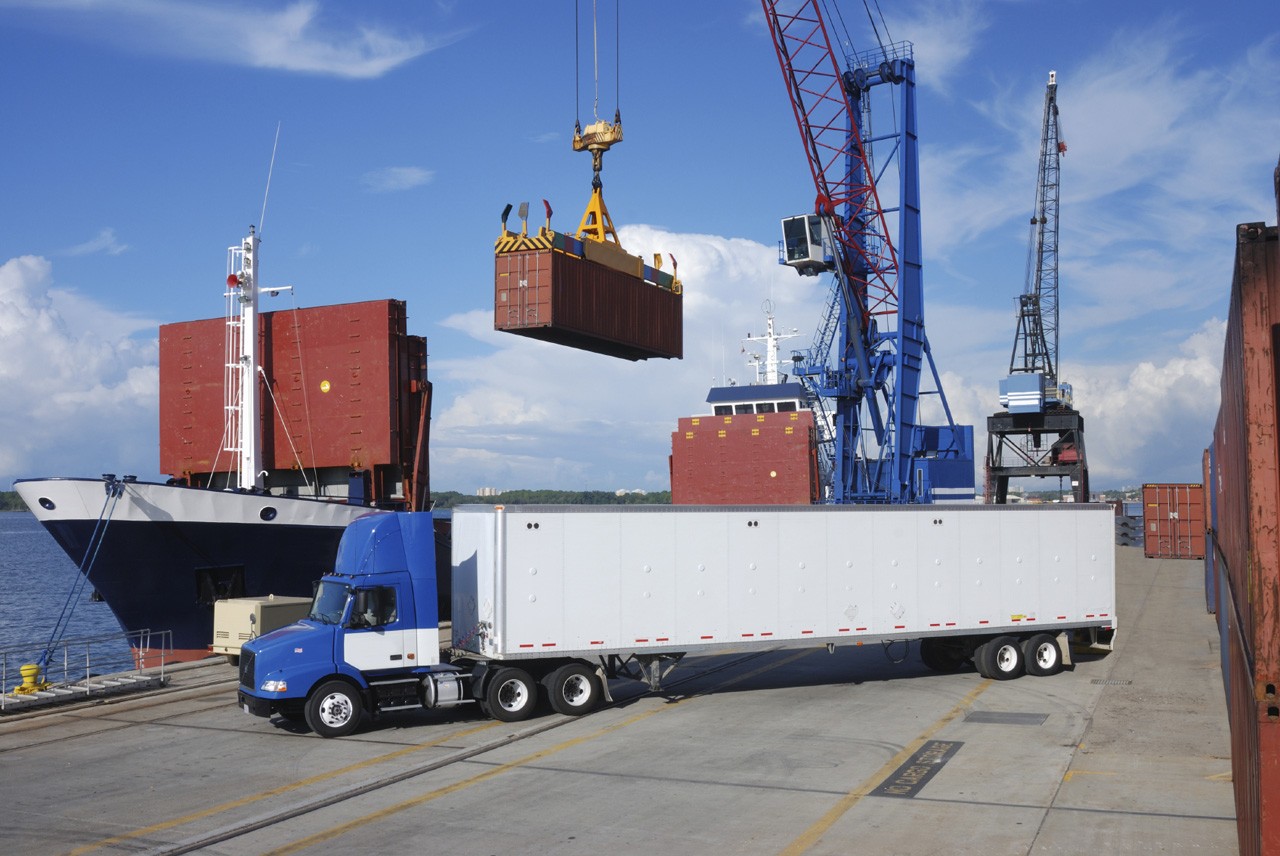The Food Safety Modernization Act signed into law in 2011 includes provisions that will allow implementation of the 2005 Sanitary Food Transportation Act. On February 5, 2014, the FDA published the proposed requirements for the final transport regulations due March 31, 2016.
Since the proposed rule would apply to shippers, receivers and carriers transporting food within the United States both by motorized and rail transport, the Transportation Intermediaries Association is concerned. In addition, the proposed rule would apply to exporters shipping container loads of food to the US by oceangoing vessel or by airfreight and also applies to those who arrange the transfer of the container to rail or motor vehicle transport for consumption or distribution in the US. Under the proposed rule, the FDA considers the exporter to be the shipper despite being located outside the US.
For the transportation industry the rule would establish the following requirements:
- The design and maintenance of the transportation vehicle and equipment must ensure against food contamination.
- During transportation, safeguards against contamination such as adequate temperature controls and segregation of non-food from food carried in the same load must be present.
- Communication processes must be in place for sharing of appropriate information about previous cargos, equipment sanitization and temperature control among the shipper, carrier and receiver. For example, potential allergens from a shipment impacting a subsequent shipment of non-allergenic cargo through cross contact must be prevented.
- Carrier personnel should undergo documented sanitary transportation practices.
- Updated written procedures and records of cleaning, prior cargos and temperature control by carriers and shippers must be in place.
If it is in the public interest, the FDA may issue a waiver of these requirements if it determines that it will not result in unsafe conditions for human or animal health.
The Transportation Intermediaries Association wants to make certain that the FDA realizes that freight forwarders and brokers are not shippers and should be excluded from the law. The TIA and other concerned members of the transportation industry feel that automatic rejection of at risk loads will result in sharp increases in cargo claims, insurance rates, shipping costs and ultimately higher costs of goods for the end consumer.
In regards to cost, the FDA estimated that 83,609 businesses, including food transportation carriers and facilities that ship covered food would be subject to the proposed rule. After the first year of implementation the approximate annual cost of the rule per business is at least $360 ($30.08 million annual total) without taking into account the accessorial costs absorbed throughout the industries.
In its Federal Register notice FDA said it only found 6 incidents of contaminated food or the potential to become contaminated during transportation in a 36-year period. However, in 2005 congress mandated a focus on prevention of food safety problems throughout the food chain.
It is important that every member of this industry contributes by improving efficiencies, promoting growth through intelligent legislation.

 1-888-910-4747
1-888-910-4747
